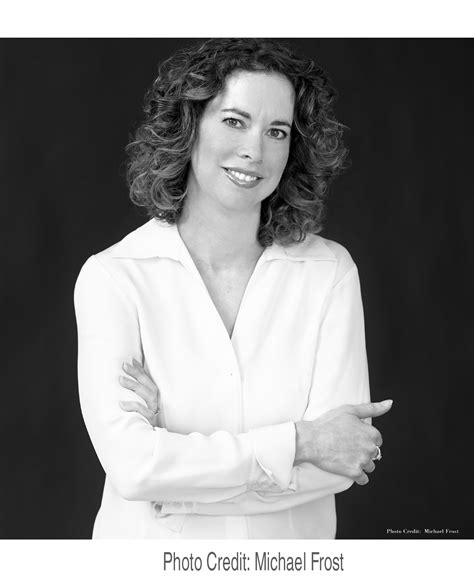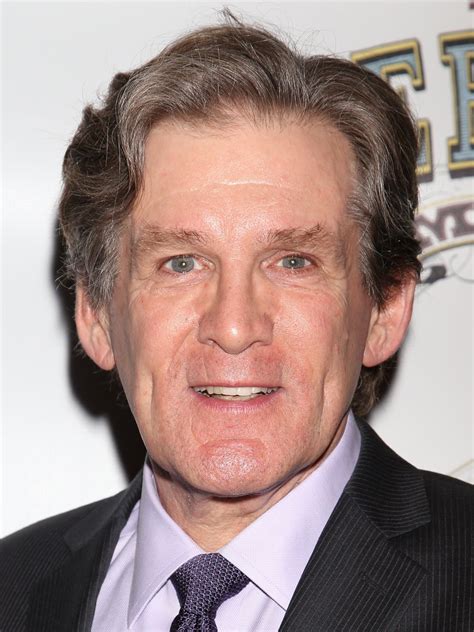A Quote by Rob Lowe
As an actor and a fledgling director, I'm used to making snap decisions that I'll have to live with.
Related Quotes
The director is the most important because, ultimately, as an actor, when you watch a movie, it looks like an actor is giving a performance, and they kind of are. But, what's actually happening is that an actor has given a bunch of ingredients over to a director, who then constructs a performance. That's movie-making.
What's nice about writing and making films is that being able to see a film from the outside - from the inception through production and then completion - just informs what you're doing when you're an actor. And when you're an actor, it informs the decisions you make when you're making a film. It's using two different sides of your personality.
I love the variety of films. In theater, you go into a room and the director runs the room, so you all work to his or her method. On film, if an actor or an actress is in for a day or two, the director has to get out of that actor what they need, so they have to change and adapt to that actor's technique.
History reminds us that revolutions are not events, so much that they’re processes – that for tens of thousands of years, people have been making decisions that irrevocably shaped the world that we live in today; just as today, we are making subtle, irrevocable decisions that people of the future will remember as revolutions.



































